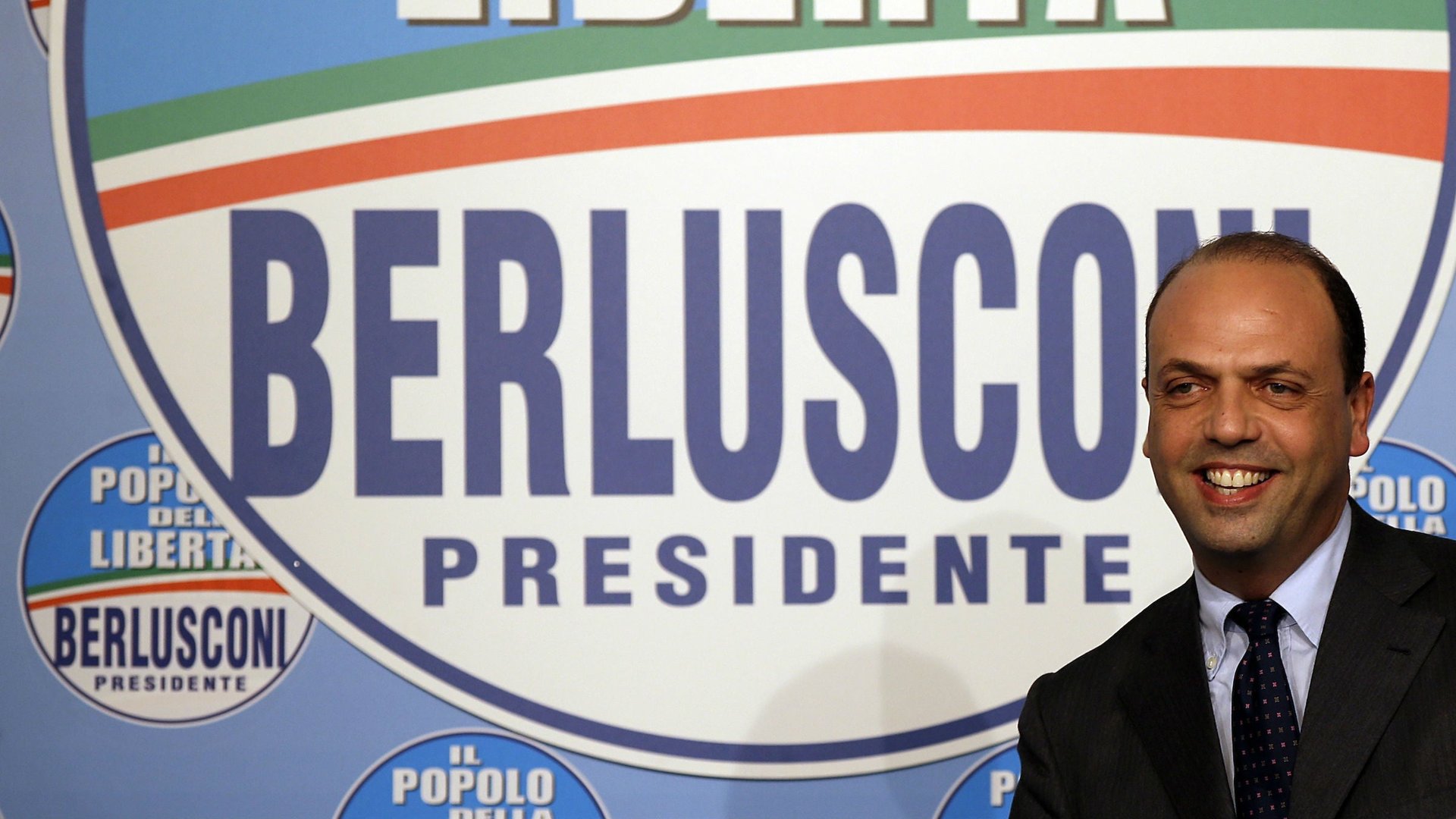Germany’s take on Italy’s election: “childlike refusal to acknowledge reality”
Italy’s election may not have a winner, but it certainly has a loser: Germany.


Italy’s election may not have a winner, but it certainly has a loser: Germany.
Over half of voters chose the coalition of either ex-premier Silvio Berlusconi or the party of former comedian Grillo, both of whom campaigned against the current government’s austerity program. Berlusconi surged late in the election by promising to overturn a hated property tax, and Grillo, from the anti-establishment 5 Star Movement, is opposed to both debt repayment and the euro itself. In contrast, outgoing prime minister Mario Monti, a former European Commission president, won just 10% of the vote.
A total rejection of austerity measures in Italy flies in the face of what Berlin—and Brussels—have been saying is the only way for the euro zone economy to escape its second consecutive year of recession. Uncertainty or government paralysis will put more pressure on Italy’s sovereign debt, pushing the country toward another confrontation with the European Central Bank—and Germany—over conditions for aid.
Today, German media has been chastising the Italian public for listening to irresponsible Italian politicians. Germany’s Der Spiegel published an article titled, “The view from Berlin: Italy’s childlike refusal to acknowledge reality,” writing that Berlusconi and Grillo told Italians what they wanted to hear instead of “the simple truth that Italy will have to keep on tightening its belt and reform its economy.” In another article, the paper said the only good news out of the election was that Berlusconi had not won. German newspaper, the Bild, led with the headline: ”Will they break our euro now?”
Meanwhile, German officials have been issuing grave statements on how important it is for reforms begun under Monti to continue. German foreign minister Guido Westerwelle says, “The politically responsible people in Rome recognize that Italy needs a continuation of a policy of reform…When the time comes to deal with the debt crisis, we are all in the same boat.” Similarly, Germany’s minister of the economy, Philipp Rösler, said that he imagined “a better outcome” for the election, but nonetheless, there is “no alternative to the previously adopted path of structural reforms.”